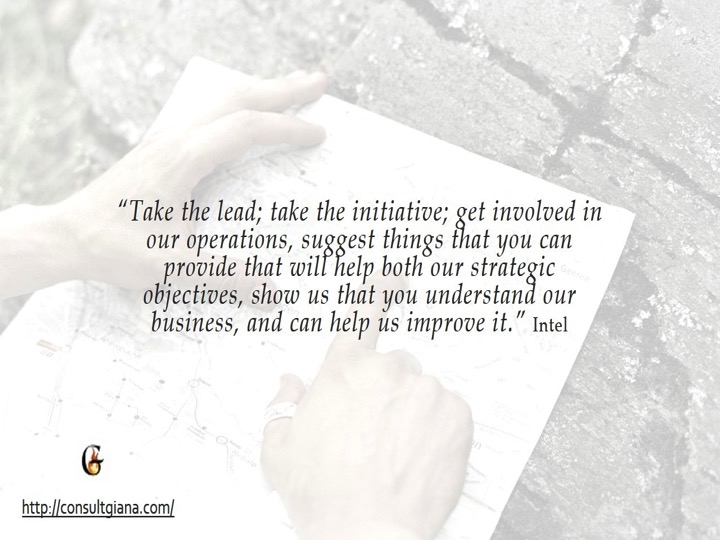
I was recently visiting with someone about the goals of young professionals in a specific location. She said that everyone wants to be a manager.
So I asked why:
- Was it about the title?
- The perceived power?
- The paycheck?
- The perception that it is an easier job?
She said they want to sit behind a big desk and sign things.
Instantly I visualized a “manager” sitting behind a big desk with their feet resting on the desk reading a newspaper. A clap of his hands and someone comes running with a hot beverage. A loud shout results in several people running into his office – varying ages, heights, and ethnicities – all cowering in fear. “Yes Boss…” (True story!)







